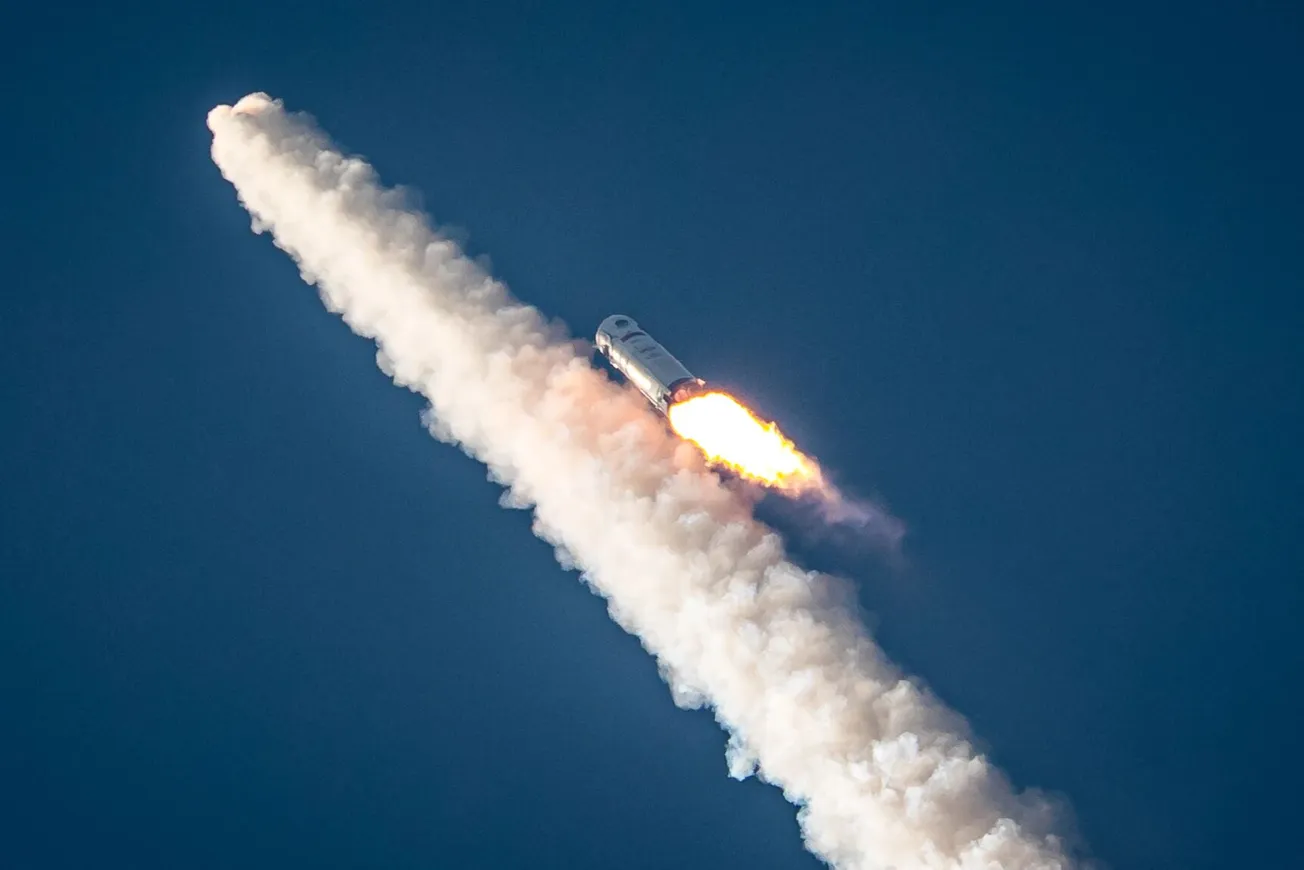CERN, the European Organization for Nuclear Research, is an intergovernmental organization that operates the largest particle physics laboratory in the world. It comprises 23 member states, 10 associate member states, and includes 17,000 scientists from some 110 nationalities. On Dec. 15, 2023, CERN’s governing council quietly voted to cut ties with Russia and Belarus, but a group of CERN scientists, the Science4Peace Forum, nonetheless succeeded in preventing the total ostracism against Russia by keeping up relations with the Joint Institute for Nuclear Research (JINR), based in Dubna, not far from Moscow.
But the damage of CERN’s break is undeniable, and Europe has bit its nose to spite its face. Its move has affected the contributions of hundreds of CERN’s scientists with Russian and Belarusian nationality. “Something is about to be broken, and it will be hard to repair,” a direct participant admitted to Geneva Observer media.
This relative victory was gained in spite of an attack published in Nature magazine by two Ukrainian scientists (all they could get out of 17,000 CERN scientists), who made allegations about the military aspects of JINR, which were immediately investigated and refuted.



